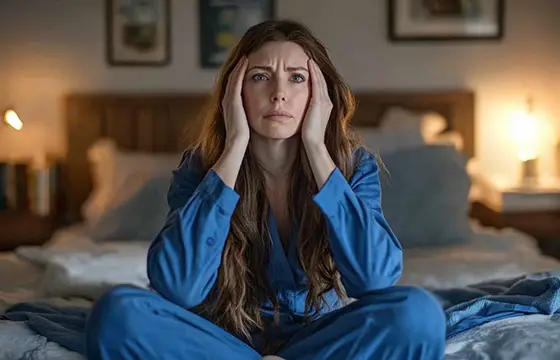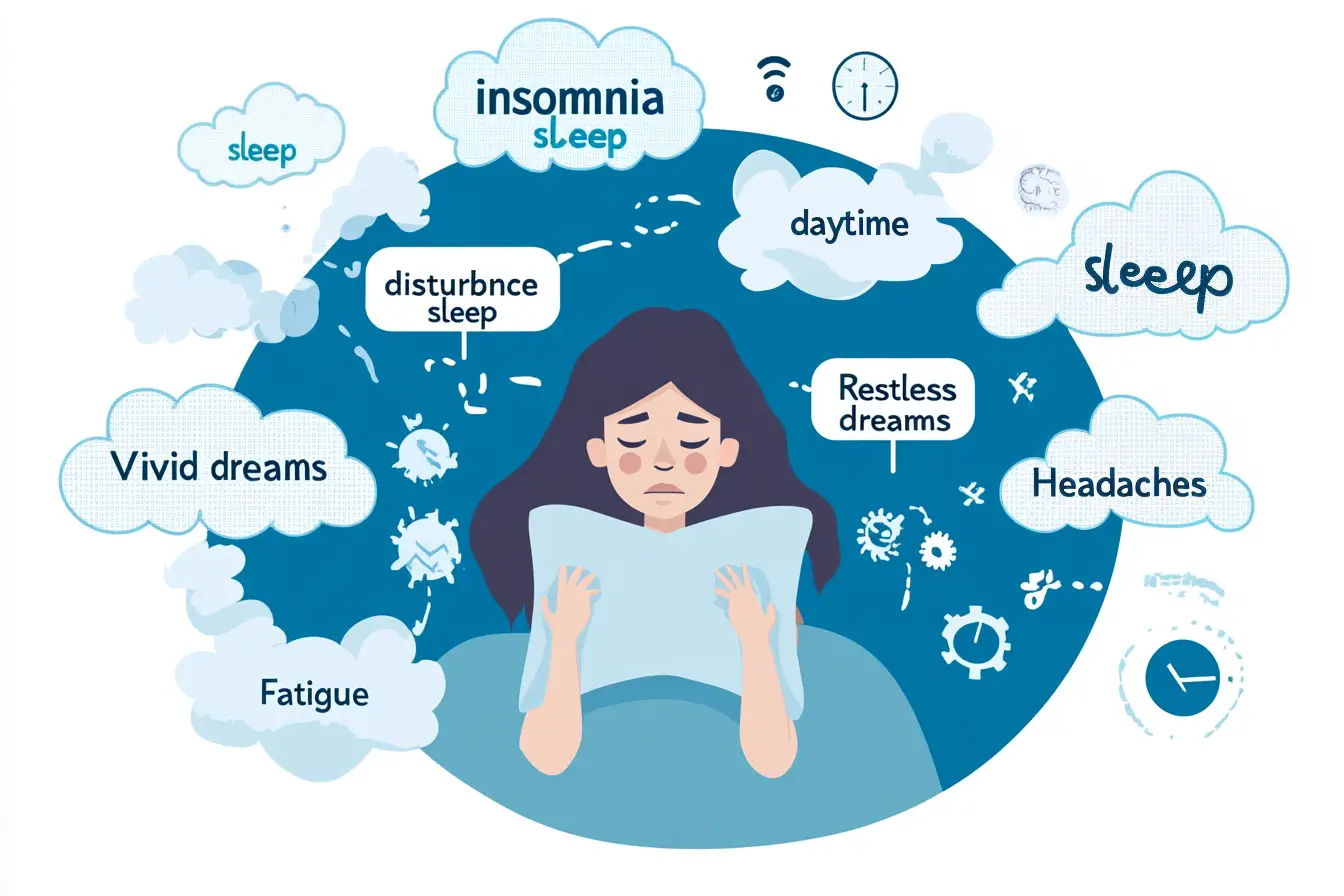Sleep Disorders: Types, Symptoms, Causes & Treatments

Sleep disorders are health concerns that might make it difficult to get good, enough, or at an ideal hour of night. Insomnia, restless legs syndrome, sleep apnea, and narcolepsy are among common sleep problems. Trouble sleeping can damage your mental as well as physical health. Treatment exists to enable you to get the required relaxation.
RELATED:The Best Sleep Trackers for 2025
overview
What are sleep disorders?
Sleep disorders are conditions that impair your capacity to obtain the rest your body requires and sustain alertness. More than 80 sleep problems affect:
- Your sleep quality
- Your sleep timing
- Your sleep quantity
From time to time, everyone can have sleep issues. But you could have a sleep problem if you:
- struggle to sleep.
- feel weary throughout the day though you slept for at least seven hours the night before .
- gets challenging to carry out normal daylight tasks.
What are the main types of sleep disorders?
Over the years, the classifications of sleep disorders have evolved several times. Most recently, the International Classification of Sleep Disorders (ICSD) classified sleep disorders according on the symptoms, how they influence a person (pathophysiology) and the body system it affects. The brand-new ICSD-3R third edition revision comprises the following categories:
- Insomnia: You struggle to both fall and remain asleep.
- Sleep-related breathing disorders: Your breathing alters as you sleep.
- Central disorders of hypersomnolence: During the day, you struggle to feel alert.
- Circadian rhythm sleep-wake disorders: Your internal clock makes it hard to fall asleep and wake up on time.
- Parasomnias: Physical acts or verbal expressions occur during sleep like walking, talking or eating under parasomnias.
- Sleep-related movement disorders: Physical motions or the desire to move makes it hard to fall asleep and/or remain asleep.
RELATED:Restless Legs Syndrome (RLS): Symptoms, Causes & Treatment
Symptoms and Causes
Though they may differ depending on the kind, symptoms of typical sleep problems could include:
- Regularly taking more than 30 minutes to fall asleep or finding it hard to do so.
- Difficulty remaining asleep all night or many middle-of-the-night awakenings.
- During sleep, snoring, gasping, or choking occurs.
- Feeling as like you have to move when you unwind. Movement alleviates this sensation.
- Waking up feeling as though you cannot move.
RELATED:The Best Pillows 2025: Tested by Expert

Sleep problems result from a disturbance in your body's cycle of sleep and daytime waking. Certain factors might trigger this; it differs depending on the kind of sleep problem you suffer. They might consist of:
- A sign of a medical ailment such as heart disease, asthma, discomfort or a nerve disorder.
- A sign of a mental health issue including anxiety disorder or sadness.
- Genetic components: a mutation.
- A drug's adverse effect.
- Night shift work.
- Pre-sleep substance use include caffeine or alcohol.
- Low amounts of some minerals or substances in the brain.
- A mysterious cause.
RELATED:Best Natural Sleep Aids of 2025
Management and Treatment
How are sleep disorders treated?
Various sleep problems have several kinds of therapy choices, which could include:
- Altering your sleeping habits to encourage a regular sleep pattern and appropriate sleep hygiene.
Going through cognitive behavioral therapy.
- Using supplements—like melatonin—or drugs including sleeping pills or alerting chemicals.
- Altering dosages of drugs that induce too much sleep (don't stop taking a prescription unless your healthcare practitioner authorizes it).
- Controlling sleep apnea with a neurostimulator implanted or by means of a CPAP (continuous positive airway pressure) device.
- Applying light treatment.
Your circumstances will guide your doctor in prescribing therapies. They will also go over any side effects to watch out for prior to your start of treatment.
RELATED:Top 5 CPAP Machines of 2025

At the End
Sleep problems lower your quality of life. They can interfere with your physical health, mental health, work or school performance, and thinking. Common sleep problems keep you from obtaining the restful, deep sleep required for optimal performance. Should your sleep be an issue, consult a doctor without delay. Good sleep is essential for your health and hence quality of life. To feel better more quickly, follow your healthcare provider's directions and practice good sleep hygiene.





